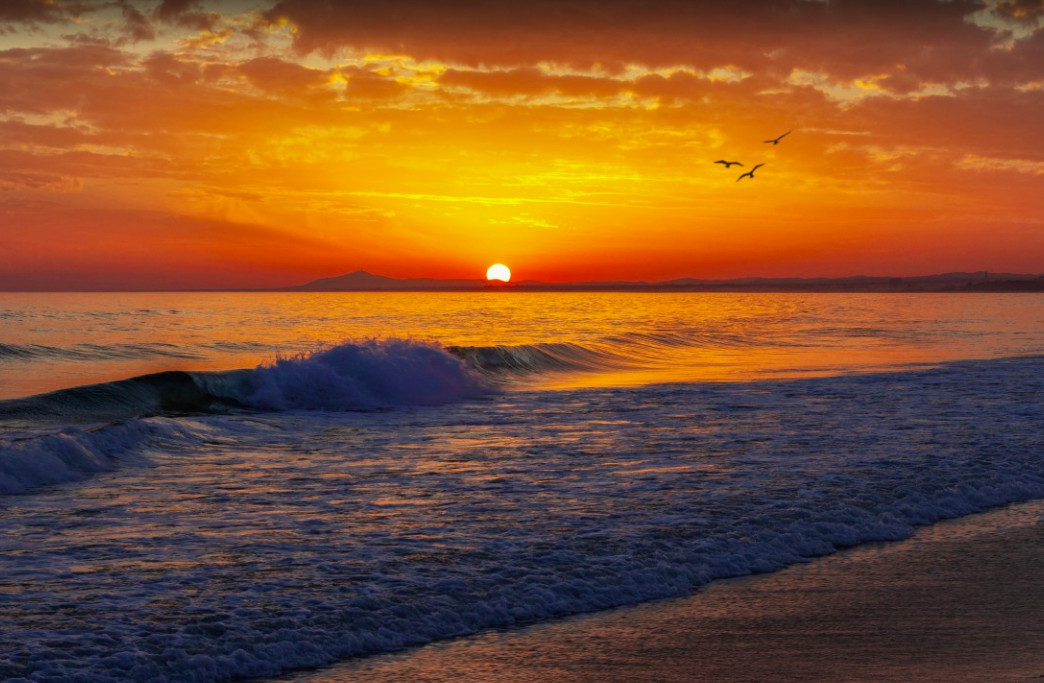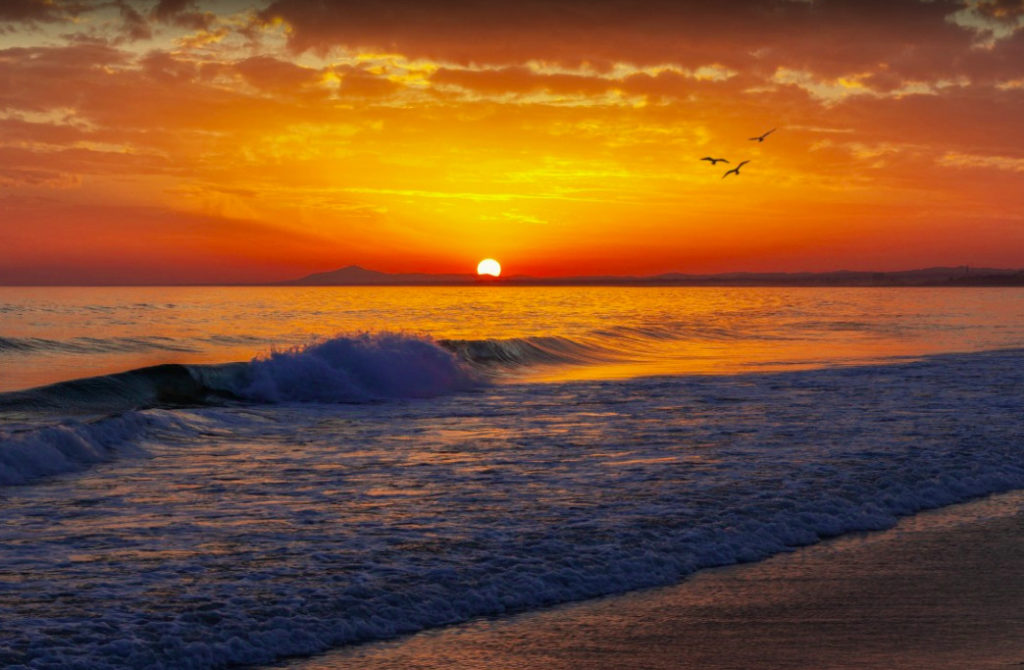
Word of the day: Liminality

“In anthropology, liminality (from the Latin word līmen, meaning “a threshold”) is the quality of ambiguity or disorientation that occurs in the middle stage of a rite of passage, when participants no longer hold their pre-ritual status but have not yet begun the transition to the status they will hold when the rite is complete. During a rite’s liminal stage, participants “stand at the threshold” between their previous way of structuring their identity, time, or community, and a new way, which completing the rite establishes.” – Wikipedia
When I stumbled upon this word this morning, I said: aha! we are in a sort of liminality right now.
To me, the word means something like the between space. No longer how we used to be, but not yet become that toward which we are headed.
The Liminality of 2020
Today, and perhaps all this week (and perhaps, although I hope not, all the way until late January 2021), we are in a sort of liminality with regards to U.S. election results. What will happen? is on everyone’s minds.
All this year, the dread 2020, we have been in a sort of liminality with respect to everyday life. There was life pre-covid, but for just about everyone, that’s pretty much gone, swept away, or at least changed. And, we hope, there will one day be a life post-covid — but we’re not there yet. We’re in the between times.
And in a much broader sense, humanity is in a sort of liminality with regards to this turning point in history, these years of incredibly transformative change. More on this in a moment.
Crash course in Liminality
As mainstream Americans, we have little training in liminality. Some other cultures experience it as part of their rituals, but it’s pretty much unheard of (or glossed over) in American culture. So we’re highly uncomfortable with the feeling of betweenness.
But in 2020, we’re getting a HUGE crash course in liminality. We’re learning to cope. With our banana breads and sourdough starters, knitting projects, and gardening. With our not-quite-real-homeschooling. With working-from-home, or working-in-fear-of-exposure. With distanced visits where we cannot hug, or with people who have thrown all that out the window.
People are coping how they can. (It’s useful to revisit Elizabeth Kubler-Ross’ stages of grief — it explains a lot about the diversity of behavior you see out there)
The extreme Liminality of now
Joanna Macy offers an explanation of these times, which doesn’t use the word liminality but it sure could. Macy describes three stories for these times:
- Business as usual
- The Great Unravelling
- The Great Turning
You can read Macy’s descriptions of them here.
Most of you who follow me probably already acknowledge that the “business as usual” times– with carbon emissions, excess consumerism, polluted water/air/soils, extractive capitalism, colonizing and oppressive practices, and humans distanced from the cycles of nature– need to go by the wayside. Yet there are many who still fight bitterly to hang onto business-as-usual patterns.
The Great Unravelling is clearly underway, with our frayed social and political fibers, a crumbling economy, and nature’s ecosystems buckling at the knees. Even as some people fight to conserve it, business-as-usual is in the process of falling apart.
The Great Turning is Macy’s term for the evolved future, or even for the process of evolving into that future. (Other people use it too, like David Korten, and at times Rob Hopkins.)
But through it all, there is this subtle thread of liminality. We are in the between times. We are not there yet. We are not where we once were, but we have not yet arrived.
Living in Liminality
Rainer Maria Rilke once wrote:
“Be patient toward all that is unsolved in your heart and try to love the questions themselves, like locked rooms and like books that are now written in a very foreign tongue. Do not now seek the answers, which cannot be given you because you would not be able to live them. And the point is, to live everything. Live the questions now. Perhaps you will then gradually, without noticing it, live along some distant day into the answer.”
Today, this week, this month, this year is a time of liminality–a time to love the questions themselves.
So … I invite you to:
- stay off the internet today. resist the urge to doomscroll
- do something outdoors today (even if it’s just a moment outside between zoom obligations). see the sun, watch a bee, smell a flower
- be kind to yourself, and to others around you. everyone you see is going through some version of this stuff, whether overtly or buried down deep.

What to do during virus lockdown



